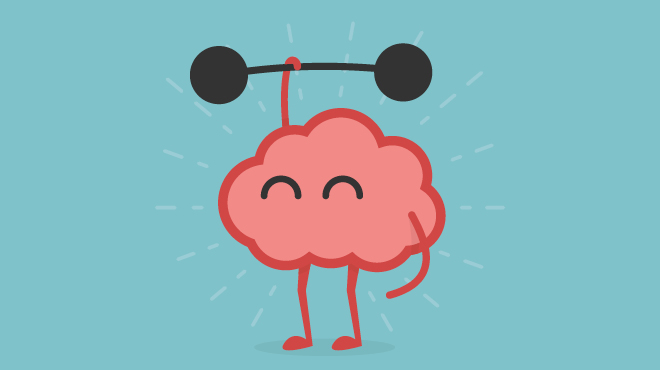5 Reasons Why Coffee is Good for You
By Ashmal Shah
12 June 2023
For many people, starting the day with a cup of coffee is a cherished ritual. Beyond its rich aroma and comforting warmth, coffee offers numerous health benefits that might surprise you. From boosting energy levels to protecting against certain diseases, coffee has been a subject of extensive research, and the findings highlight its potential positive impact on your well-being. In this article, we'll explore five reasons why coffee is good for you and why it can be a part of a healthy lifestyle.

Enhances Cognitive Function:

Coffee is renowned for its ability to improve focus, alertness, and cognitive function. The primary active ingredient in coffee is caffeine, a natural stimulant that blocks adenosine, a neurotransmitter that promotes sleepiness. By inhibiting adenosine, coffee helps you feel more awake and mentally alert. The caffeine in coffee has been shown to improve various aspects of brain function, including memory, attention, reaction time, and overall cognitive performance. Moderate coffee consumption can provide a much-needed mental boost, helping you stay focused and productive throughout the day.
Boosts Physical Performance:

Caffeine, found in coffee, is also known to enhance physical performance and endurance. It stimulates the nervous system, increasing adrenaline production and releasing fatty acids into the bloodstream, which the body can use as fuel. This can lead to improved physical performance during activities like exercise or sports. Studies have shown that consuming coffee before a workout can increase stamina, reduce perceived exertion, and enhance overall athletic performance. However, it's important to note that individual responses to caffeine can vary, and moderation is key to avoid any negative effects.
May Lower the Risk of Certain Diseases:

Research suggests that regular coffee consumption may be associated with a lower risk of several diseases. For instance:
- Type 2 diabetes: Coffee has been linked to a reduced risk of developing type 2 diabetes. The antioxidants and other bioactive compounds in coffee may improve insulin sensitivity and regulate blood sugar levels.
- Liver disease: Moderate coffee intake has been associated with a lower risk of liver diseases, including liver cancer, cirrhosis, and fatty liver disease. Coffee's protective effects on the liver may be attributed to its antioxidant properties and ability to reduce inflammation.
- Parkinson's disease: Studies have shown that coffee drinkers have a reduced risk of developing Parkinson's disease, a neurodegenerative disorder. The caffeine and other compounds in coffee may help protect the brain cells affected by Parkinson's disease.
Boosts Mood and Mental Well-being:

Coffee has long been celebrated for its ability to improve mood and promote a sense of well-being. The caffeine in coffee acts as a mild stimulant that can enhance mood, increase alertness, and reduce the risk of depression. It stimulates the production of neurotransmitters like dopamine and serotonin, which play crucial roles in regulating mood, motivation, and happiness. Moderate coffee consumption has been associated with a lower risk of depression and a reduced likelihood of suicidal thoughts. However, it's important to note that excessive caffeine intake or individual sensitivities can lead to anxiety or disrupt sleep, so moderation is key.






